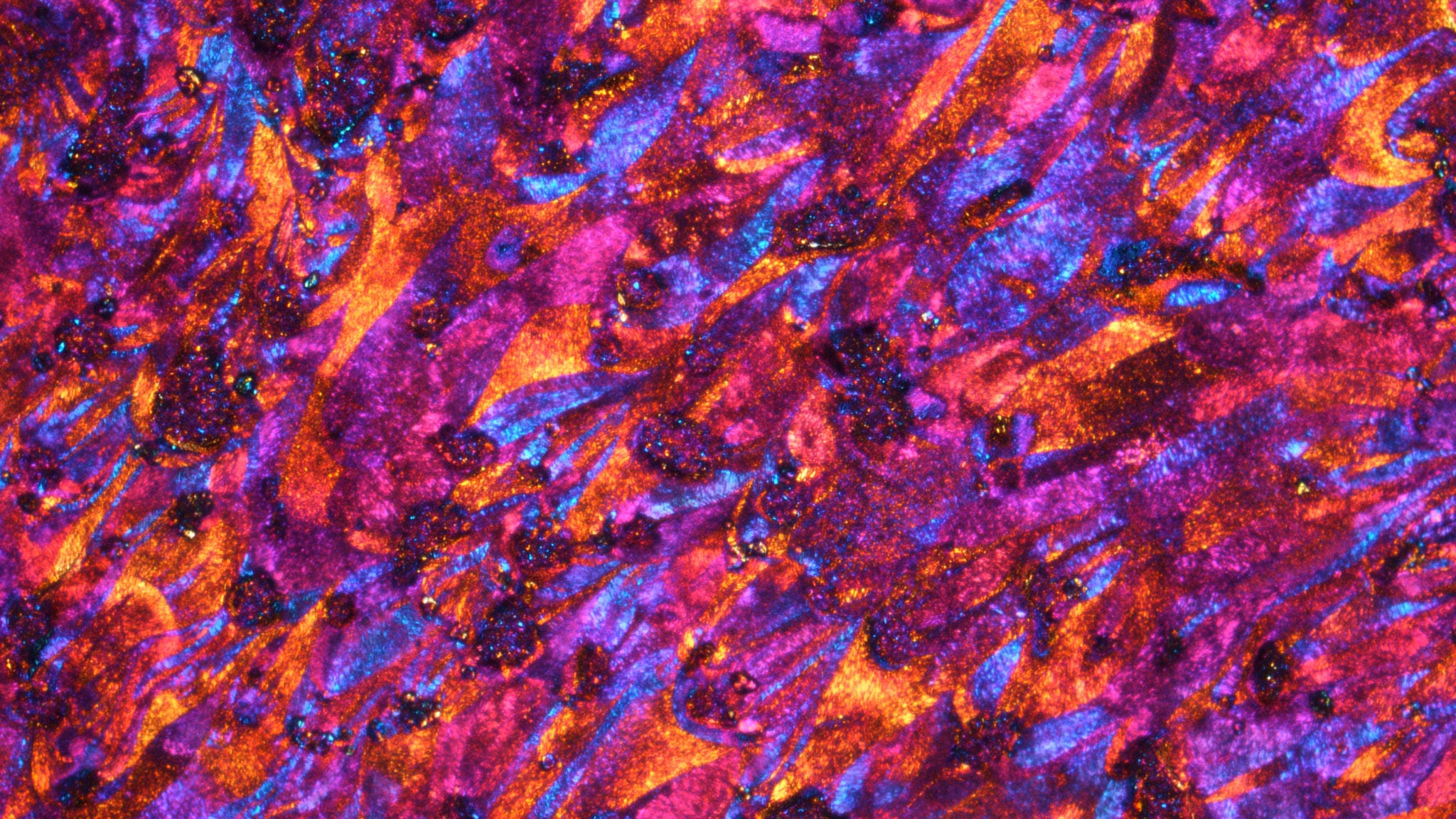Exploring Deep Learning AI for Cancer Treatment
Winners of a pilot grant, researchers are exploring how an AI neural network can match medication to patients’ DNA — a precision medicine approach for a future of harnessing data for personalized and cost-effective cancer care.

Researchers at NC State and UNC-Chapel Hill are exploring how to potentially use AI to match anti-cancer drugs to a patient’s specific DNA.
Their research takes a precision medicine approach by using data-centered tools and methods to optimize treatment by tailoring it to a patient’s specific health conditions and needs.
The proposed AI model demonstrates the potential to predict how different types of cancer would respond to experimental drug compounds. This way, the most promising anti-cancer drugs would be identified early in the development process, reducing unnecessary experimental costs and time and accelerating the development of new treatments.
Leading the preliminary research is Zhishan Guo, an associate professor in the Department of Computer Science, and Ning Sui, a molecular biochemist and assistant professor in the Department of Molecular and Structural Biochemistry. The team is also collaborating with Dr. Young E. Whang, an associate professor of medicine and pathology and urology at the University of North Carolina at Chapel Hill.
The research project was supported by a pilot grant award from the North Carolina Translational and Clinical Sciences (TraCS) Institute. The NC TraCS Institute combines the research strengths, resources and opportunities of UNC-Chapel Hill with those of its partner universities, NC State and North Carolina A&T. The TraCS’ pilot grant program aims to advance research that improves how medical practices and principles translate into more effective care.
Beyond a One-Size-Fits-All Approach to Treating Cancer
Cancer is the second-leading cause of death in the United States, with mortality rates approaching the high rates of heart disease. Traditional anti-cancer drug treatment often adopts a “one-size-fits-all” approach.
For instance, two patients can have the same type of cancer, but the tumors differ at the genetic level. “There are tiny details in genomes that can actually make a big difference in a patient’s drug response to a particular medication,” said Sui, the molecular biochemist of the interdisciplinary research team.
With a heterogeneous disease like cancer, reactions to medication can be highly variable and unpredictable. “So that justifies individualized, personalized medicine — because humans are so different,” Sui said.
Guo’s and Sui’s research pilot explored individual genetic differences in cancer cells grown in labs at the molecular level. Then, they combined this information with the molecular structure of existing anti-cancer drugs to predict treatment responses in the lab-grown cells.
“Instead of guessing which drug might work, doctors can choose medications specifically tailored to each patient’s genetic profile, giving them the best chance of successful treatment,” said Yuhan Zhao, a Ph.D. student in computer science participating in this interdisciplinary pilot project.

Currently, doctors use DNA testing for cancer treatment only in specific cases. With well-studied cancers like lung cancer, doctors use DNA sequencing for some specific mutations to discern which medication would be more effective according to existing cancer research. For cancers with fewer known characteristics or patterns, comprehensive DNA sequencing is less common.
The team’s research explores the potential benefits of using DNA testing to improve the matching of anti-cancer medications to patients — a goal that is becoming increasingly realistic as sequencing becomes more affordable. Their current AI model is based on data from lab-grown cancer cell lines, serving as a proof of concept for future patient-specific applications.
“DNA sequencing is so inexpensive nowadays, as long as we have a way to process the sequencing data efficiently, it’s really a very low-cost thing compared with the benefit it can bring,” Sui said.
Making Different Data Speak the ‘Same Language’
One challenge has been making two differing types of data “talk to each other.” Genetic information and the chemical data of medications are structured differently, and one does not easily translate to the other.
“We needed to find a way for the computer to ‘understand’ both languages and integrate them effectively,” said Zhao.
The team developed an advanced, deep learning AI model to process these different kinds of data — or, in other words, “speak the same language.” For 782 different cancer cells, the team processed nearly 30,000 genes of molecular data for each one. Interweaving that data with approximately 250 different drugs, they created a training set of over 160,000 cell-drug pairs that can carry out experimental research. This preliminary deep learning model demonstrates the potential to predict how a patient’s specific genetic profile would respond to 256 existing medications.
Using a deep learning AI model also helped the research team overcome another challenge: the lack of existing data on molecular information for both human DNA and anti-cancer drugs. Generally, deep learning models are especially effective at processing long data sequences such as DNA strands or the molecular structures of drugs.
Guo said that the team experimented with several different machine learning models and techniques until they discovered a special component of deep learning that can capture long-range dependencies, providing guidance on how certain genes and mutations will respond to a drug over time.
“It’s quite a new technique,” said Guo, who is also a co-founder of NC State’s Cyber Physical Systems group. “I believe that’s the first time it’s being used for this drug response prediction.”
Potential Advances in Anti-Cancer Treatment
Compared to current methods, Guo’s and Sui’s AI model outperforms existing approaches. The research team’s methods can more accurately predict drug efficacy, making it promising for applications in anti-cancer drug development and personalized therapy.
“The key outcome for our one-year project was that we were able to design and verify a machine learning-based system that can take gene expression and mutation information, as well as cancer drug structure information — and with 98% precision — predict whether a drug is effective for certain types of gene expression and mutations,” said Guo. “This is really something that’s novel and exciting.”
Future iterations of the research team’s deep learning model could incorporate electronic health records and hospital-based genetic testing results, providing doctors with a powerful, cost-effective and collaborative AI tool to guide anti-cancer treatment decisions.



